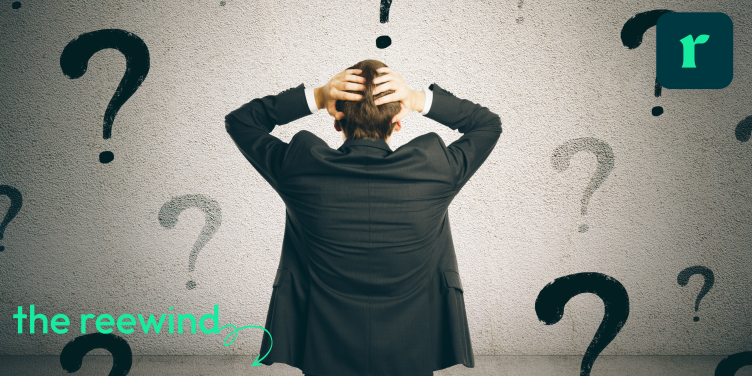
Our Top Stories
Promoting less sustainable options: Food Navigator sheds light on a new report from the European Consumer Organisation, which shows that food environments (mostly supermarkets) are leading people to less sustainable choices. More specifically, this comes in the form of the direct promotion of meat and animal-sourced products, which are known to generally have higher carbon emissions than plant-based products. The report also found a clear bias towards the availability of meat products. As an example, 92% of ready-meals in French supermarkets contain meat or fish, meaning shoppers are severely limited when trying to make low impact choices. [Food Navigator]

Increase in British crop yields: Britain’s farmers increased their yields of major crops last year despite significant reductions in fertiliser use, according to encouraging research from Defra. The Guardian highlights the importance of reducing fertiliser in the face of climate change and biodiversity loss, with artificial fertiliser production relying heavily on natural gas - a major fossil fuel. Fertilisers are also responsible for an estimated 50% of nitrate pollution, 25% of phosphorus in the water environment, and 75% of sediment pollution - all leading factors affecting species diversity. [The Guardian]
Planet-saving oyster farming: Nature reports on the Italian scientists who are seeking to prove that oyster farming actually absorbs more carbon than it emits. So far, research has shown that their farming has a smaller ecological footprint than that of fish, because oysters do not require feeding. The process of feeding can lead to eutrophication, which is an overgrowth of nutrients that blocks sunlight reaching marine plants, and therefore starves marine animal life of oxygen. Oysters also do not require any drugs, disinfectants, pesticides or any form of growth additives, which already makes them one of the most sustainable sources of seafood. [Nature]

Business Spotlight - Tesco
Tesco, the UK’s biggest retailer, has revealed a set of targets, approved by the Science Based Targets Initiative (SBTi), aimed at achieving Net Zero within its operations and across its value chain by 2050. Currently, the SBTi provides the most robust methodology for target setting. Tesco’s targets also encompass interim aims to cut absolute Scope 1 and 2 emissions from its operations by 85% by 2030, using 2015 as a baseline year; and to reduce absolute Scope 3 emissions from energy and industrial sources by 55%. [Edie]
Research Corner
‘Planting’ volcanic rocks: Seung H. Baek and his team have found that farmers around the world could help the planet reach a key carbon removal goal set by the Intergovernmental Panel on Climate Change (IPCC) by mixing crushed volcanic rocks into their fields. The study provides one of the first global estimates of the potential carbon absorption of this type of application, as volcanic rocks take advantage of weathering processes and naturally speed up the sequestration of carbon dioxide in soils. [AGU]
Stat Attack
Across 18 supermarket chains from 11 EU countries, 39% more advertisements were for meat-based products than fruit, vegetables and legumes.
Source: Food Navigator
The Big Picture

About Reewild
The food and agriculture industry is at the heart of the climate crisis, generating around a third of man-made greenhouse emissions. And while the challenge of reducing its impact may seem beyond our grasp, it is one that we all have the power to tackle.
We believe that the solution lies in climate transparency. That’s why we’re equipping businesses with the means to evaluate and communicate the emissions of their products. This, in turn, means consumers are armed with credible, independent information, which can be used to make more sustainable choices.
We know that many people want to take climate action but lack the necessary tools and information to do so. We're confident that, armed with the right knowledge, everyone can and will do their bit to build a greener, more sustainable food system.
Download the Reewild app
Follow us on social media
https://www.instagram.com/reewild.earth/
https://www.linkedin.com/company/reewild/


.png)


